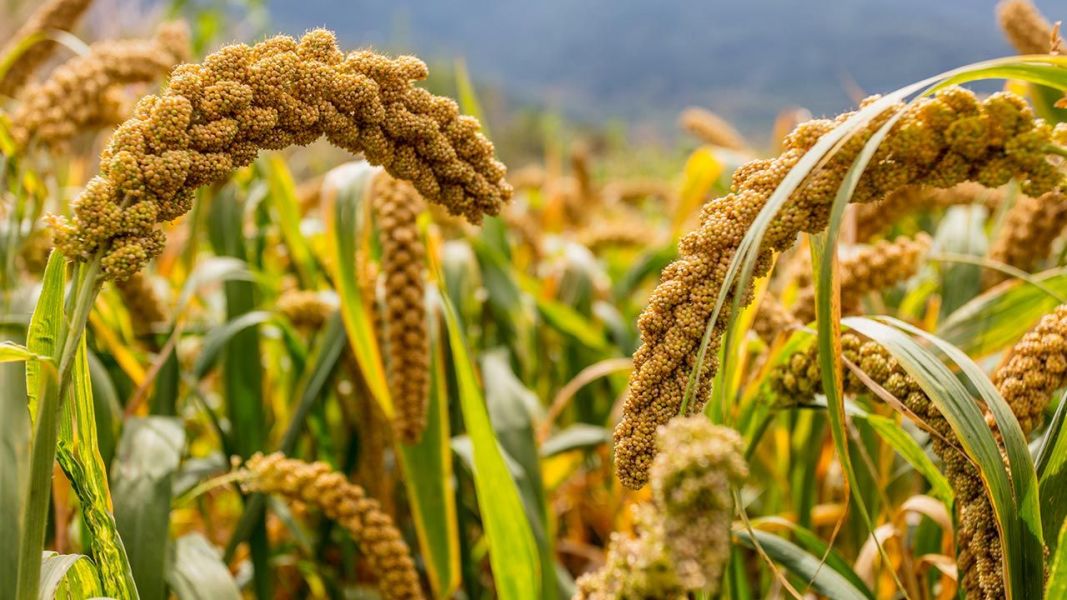Rafał Frański: Comment on “Fragmentation pathway of hypophosphite (H2PO2−) in mass spectrometry and its determination in flour and flour products by LC-MS/MS”, Food Chemistry 2022, 386, 132793 https://doi.org/10.1016/j.foodchem.2022.132793
Flour is one of the most important human food intermediates. Its history goes back to the beginning of human civilization; it has been established that cereal grain milling to make flour was known and practiced already in prehistoric era, although on industrial scale it started in the end of the 19th century in London. Presently it is hard to imagine human existence without well-developed milling industry. On the other hand, industrial production of flour carries a high risk of its pollution with different undesired substances. Moreover, some chemical compounds may be added on purpose to it at certain stages of production, e.g. as preservatives or for improvement of its physical properties.
In investigation of the chemical composition of flour, and thus, the compositions of a vast range of final products made of it, the vital information is unambiguous identification of the substances introduced to it in the process of production. Presently, for this purpose mainly the method of liquid chromatography in combination with high-resolution mass spectrometry is used (LC/HRMS).
In the paper commented on, Wu et al. (Food Chemistry 2022, 377, 132060) have reported LC/HRMS analysis of flour checking the content of hypophosphite (H2PO2-) in flour and a few of final products made of it. Unfortunately, the discussion presented by the above-mentioned authors at many points has aroused serious doubts that have prompted to respond with this comment. The doubtful questions included e.g. correct determination of the ratio of mass to charge of the analyzed ions, the detection of multiply charged phosphate anions in the gas phase, type of references and lack of appropriate supplementary material. This comment presents a detail discussion based on the reliable choice of refences, results of the experiment carried out especially for the needs of this discussion and basic chemical knowledge.




